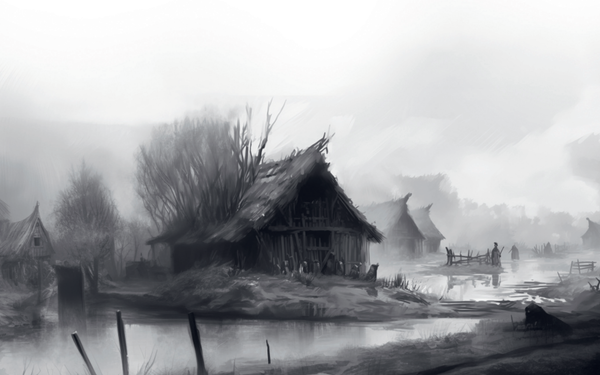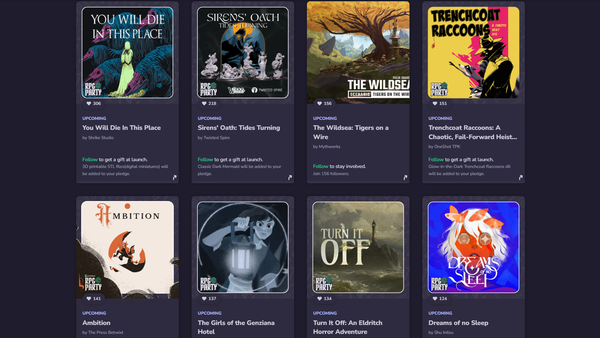We Are All Talking To Ourselves: My Toxic Relationship To D&D 5e
I keep trying to get out, but they keep pulling me back in.

We begin during the second age of magic. Four hundred years since a horde of dragons razed the continent, the final touches of reconstruction are under way. Before that, magic had begun to reach new heights, with mages across the continent collaborating to unlock the secrets of time, consciousness, and the boundary of life and death itself.
For a time, the secrets of magic studied for ages past had been lost under the ruins of a ravaged world. But a group of magic users from various disciplines arose, with what little they had left, and united to rebuild it from the ashes. The resulting coalition divided in two: the Tabula Rasa, a secret organization meant to find and “preserve” magic across the continent, and the Valindran empire, a rapidly expanding authoritarian mageocratic state.
~ Opening Monologue, Session 1
At the end of Session Zero for my most recent home game of D&D 5e, a player thanked me for being the best DM they’d ever had. I got emotional, not because of their enthusiasm or genuine appreciation, but because the bar is literally on the fucking floor.
I did nothing in that Session Zero to elicit that kind of response, other than the fact that it happened at all. I talked through expectations and desires, safety tools, and guided the four players through character creation, helping them figure out exactly what kind of game they wanted to play and what story we wanted to tell together—processes that have become a standard for a largely online segment of tabletop gamers (of which I am included). While we all spend so much time immersed in online discussion spaces, we so often forget that the vast majority of people have no idea what TTRPGs are. Even among those who do, most people’s TTRPG knowledge starts and stops with the fact that there is a game called Dungeons & Dragons.
While I try (beg) to persuade tabletop neophytes to start with another game—any other game, please—finding people outside our little bubble who are willing to engage with the hobby at all is… difficult to say the least. With a few notable exceptions, most of my time with TTRPGs has been spent being people’s first Dungeon Master, or more commonly, their first “good” one. I do have the unique position given that I am trans and living in Brooklyn, home of niche people doing niche things, and my job as a TTRPG reporter often prompts people—who would otherwise be too embarrassed to admit that they want to play pretend with their friends—to admit they’ve actually really always wanted to play D&D.
So, rather than lose their interest entirely, I acquiesce to running D&D, hoping that my efforts will convert a cautiously curious acquaintance into a new participant in this medium I love so much. There was only a single group I’ve ever convinced to play another game—and regardless, they called it D&D. (It was Kids on Bikes, if you were curious.) Regardless of the game though, I often find myself having to provide a corrective experience for folks who’s first impressions of tabletop games are with homogenous tables or antagonistic, authoritarian DMs—experiences that are still the norm. Most people never come back from that. Their idea of TTRPGs is ruined forever by one grognard with a power complex.





